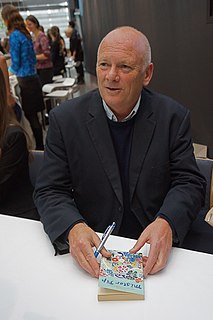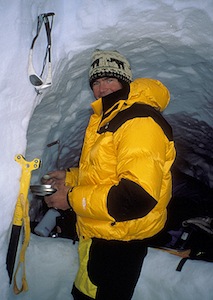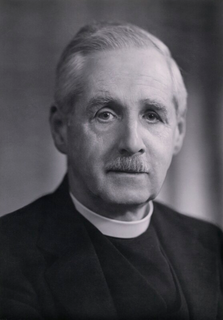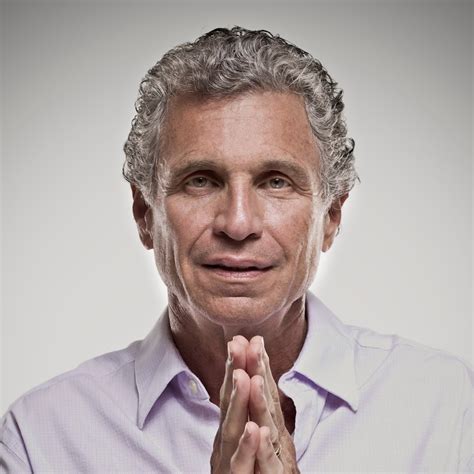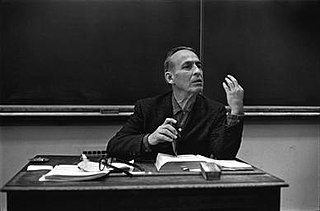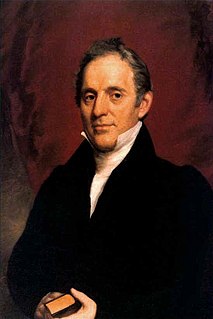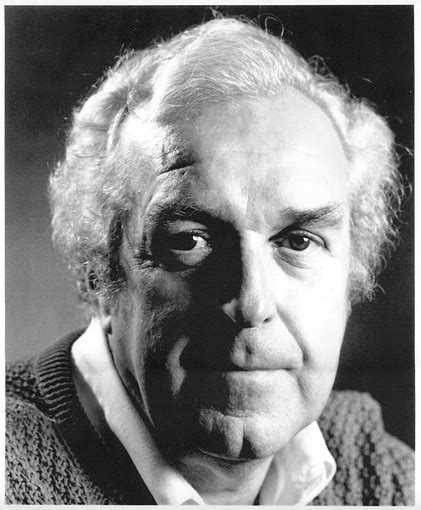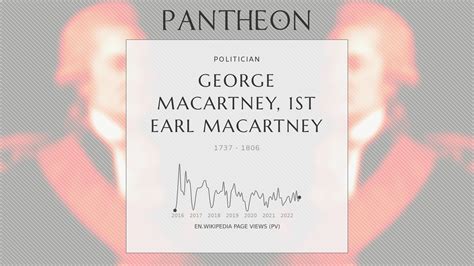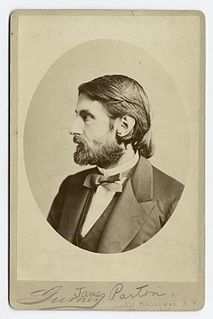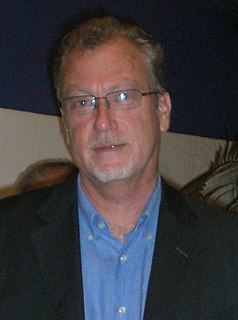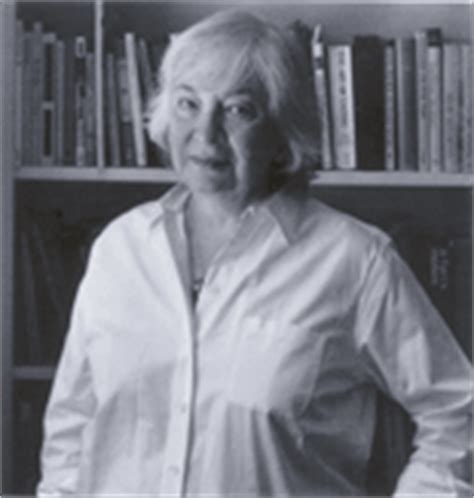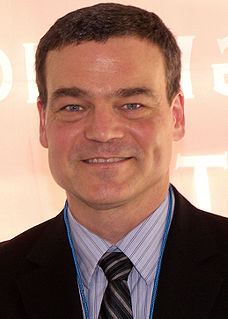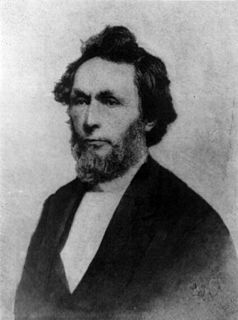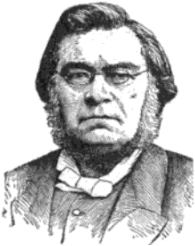A Quote by Elizabeth Aston
Mountains inspire awe in any human person who has a soul. They remind us of our frailty, our unimportance, of the briefness of our span on this earth. They touch the heavens, and sail serenely at an altitude beyond even the imaginings of a mere mortal.
Related Quotes
Those who will may raise monuments of marble to perpetuate the fame of heroes. Those who will may build memorial halls to remind those who shall gather there in after times what manhood could do and dare for right, and what high examples of virtue and valor have gone before them. But let us make our offering to the ever-living soul. Let us build our benefactions in the ever-growing heart, that they shall live and rise and spread in blessing beyond our sight, beyond the ken of man and beyond the touch of time.
I feel we are so blessed to live in a country where we enjoy so many rights that other countries cannot even begin to imagine. However, it terrifies me that we seem to have lost touch with our connection to the earth. I am concerned that we have risen to such heights of arrogance in our refusal to acknowledge that our earth is rapidly changing in ways that might affect us catastrophically but instead, we hold steadfast to our belief that nothing can happen to us as a people.
We are separated from one another by an unbridgeable gulf of otherness and strangeness which resists all our attempts to overcome it by means of natural association or emotional or spiritual union. There is no way from one person to another. However loving and sympathetic we try to be, however sound our psychology however frank and open our behaviour we cannot penetrate the incognito of the other man, for there are no direct relationships, not even between soul and soul. Christ stands between us, and we can only get into touch with our neighbors through Him.
Perhaps that is our doom, our human curse, to never really know one another. We erect edifices in our minds about the flimsy framework of word and deed, mere totems of the true person, who, like the gods to whom the temples were built, remains hidden. We understand our own construct; we know our own theory; we love our own fabrication. Still . . . does the artifice of our affection make our love any less real?
The human venture depends absolutely on this quality of awe and reverence and joy in the Earth and all that lives and grows upon the Earth. As soon as we isolate ourselves from these currents of life and from the profound mood that these engender within us, then our basic life-satisfactions are diminished. None of our machine-made products, none of our computer-based achievements can evoke that total commitment to life.
O Holy Spirit of God, abide with us; inspire all our thoughts; pervade our imaginations; suggest all our decisions; order all our doings. Be with us in our silence and in our speech, in our haste and in our leisure, in company and in solitude, in the freshness of the morning and in the weariness of the evening; and give us grace at all times humbly to rejoice in Thy mysterious companionship.
Development can indeed continue beyond childhood and youth, beyond the seventies. It can continue until the very end of life, given purposes that challenge and use our human abilities. . . . In sum, our development does not necessarily end at any age. We can continue to develop into our eighties, even to our nineties.
The answers to our problems don't lie beyond our reach. They exist in our laboratories and universities; in our fields and our factories; in the imaginations of our entrepreneurs and the pride of the hardest-working people on Earth. Those qualities that have made America the greatest force of progress and prosperity in human history we still possess in ample measure.
This is what we see when we look up at Rainier, the beauty, the horror, the awe the unbelievability of size that confirms our own consequence on this earth. We look at the mountain, like god and can imagine nothing larger. Its incompressible life-span reminds us of the fleeting mortality of our own bones. It looms over our lives on clear days and and stay present but hidden through the clouds of winter. Like god it remains everywhere forever.
All we have to believe with is our senses, the tools we use to perceive the world: our sight, our touch, our memory. If they lie to us, then nothing can be trusted. And even if we do not believe, then still we cannot travel in any other way than the road our senses show us; and we must walk that road to the end.
The soul, in its longing to grow, will push us toward crisis points, bringing about a situation that will force us to leave behind the old toys and the worn-out ways of operating. Our soul brings us these crises to remind us that we don’t have to remain stuck in the land of the hunters and the hunted. We are called to draw ourselves up to our full height and confidence, even when terrified at the prospect of the unknown.





